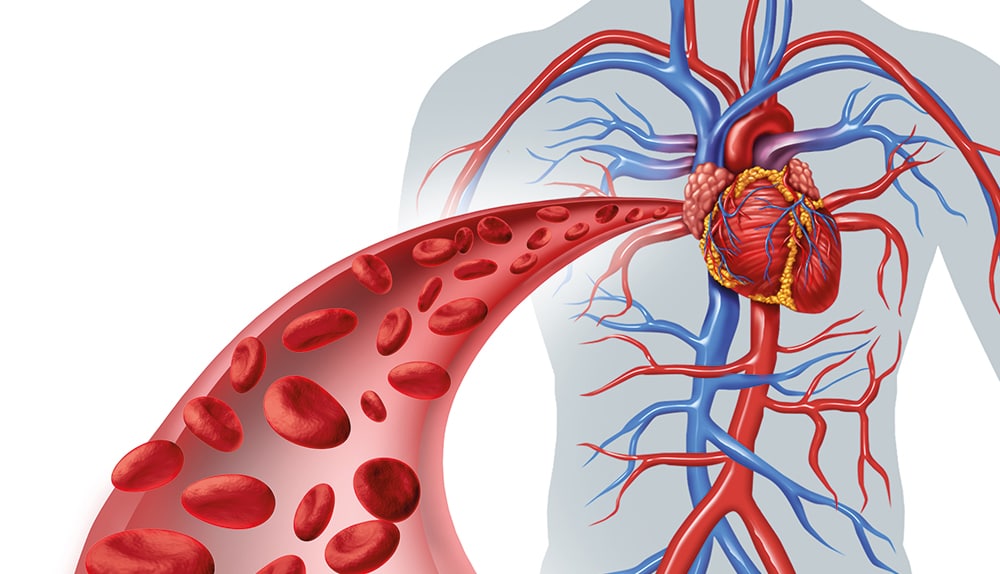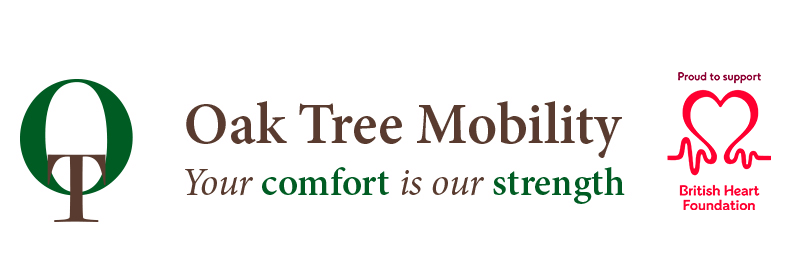We often hear about the dangers of high cholesterol.
Every time you open a newspaper or turn on the television, there seems to be a new set of guidelines. High cholesterol, low cholesterol, good cholesterol, bad cholesterol…but what does it all mean?
Cholesterol is a fatty substance that occurs naturally in the body. But having too much cholesterol in your blood can increase your risk of developing coronary heart disease.
Fortunately, there are lots of simple lifestyle changes you can make to keep your cholesterol in check. Read on to find out what cholesterol actually is and how you can keep your body and your heart healthy.
Not all cholesterol is ‘bad’
Your body and your cells need cholesterol to work properly. It’s vital, and only becomes a problem when the levels in your blood are too high.
Most of the cholesterol in your body is made in your liver, but it can also be found in some foods. It’s then transported around your body in your blood.

There are two main types of cholesterol that you need to know about: HDL (or ‘good’) cholesterol and LDL (‘bad’) cholesterol.
Excess ‘good’ cholesterol is eliminated by the liver. But ‘bad’ cholesterol can build up in your artery walls and restrict the blood flow. This can increase your risk of suffering a heart attack or stroke.
There are many factors that influence our cholesterol
Some you can’t do anything about. These include your age, gender, and family history. You are more likely to have high cholesterol if you have diabetes or high blood pressure, or a family history of stroke or heart disease.
Other underlying conditions that can cause high cholesterol include kidney disease, liver disease, and hyperthyroidism.
But you can influence other factors. An unhealthy diet, smoking, drinking too much alcohol, and a lack of physical activity all increase your risk of developing high cholesterol.
If you are at risk, your GP may recommend that you have your blood cholesterol levels tested. This can be done with a simple blood test.
What should I eat to keep my cholesterol healthy?
It used to be thought that eating foods that contain cholesterol – like eggs, liver, and kidneys – was the main cause of high cholesterol.
However, we now know that these foods have very little impact on our blood cholesterol. In fact, eggs, liver, and kidneys can all form part of a healthy diet.

It’s much more important to reduce the amount of saturated fat in your diet. This is because saturated fats increase the levels of ‘bad’ cholesterol in your blood and contribute to blocked arteries.
Foods that are high in saturated fats include butter, sausages and fatty cuts of meat, cream, hard cheese, cakes and biscuits, and foods that contain coconut or palm oil.
How do I know if I have high cholesterol?
Unfortunately, high cholesterol itself doesn’t usually cause any symptoms. It’s sometimes dubbed the ‘silent killer’, because many people don’t know they have it.
But it increases your risk of serious health conditions like atherosclerosis (narrowing of the arteries), heart attacks, strokes, and peripheral arterial disease. It also increases your risk of developing a blood clot. So it’s important to take steps to lower your cholesterol.
Improving your diet is a great place to start. So is exercising more, stopping smoking, and not drinking excessively.
But for some people, these lifestyle changes aren’t enough to reduce their cholesterol. In these cases, a GP may prescribe statins.
What are statins?
Statins are a cholesterol-lowering medication. They help lower your cholesterol by reducing the amount of ‘bad’ cholesterol produced by your liver.
You may be prescribed statins if you have been diagnosed with – or are likely to develop – cardiovascular disease (a general term that describes a disease of the heart or blood vessels).
Most people who take statins don’t experience any side effects. The media tends to make a lot out of cases involving more serious side effects, but these cases are rare.
In fact, according to the British Heart Foundation, only 1 in every 10,000 people who take statins will experience a dangerous side effect. And they could help you avoid a life-threatening illness such as a heart attack or a stroke. So it’s important to weigh up the benefits.
If you’ve been prescribed statins but are concerned about the risks associated with them, it’s worth booking an appointment with your GP.







